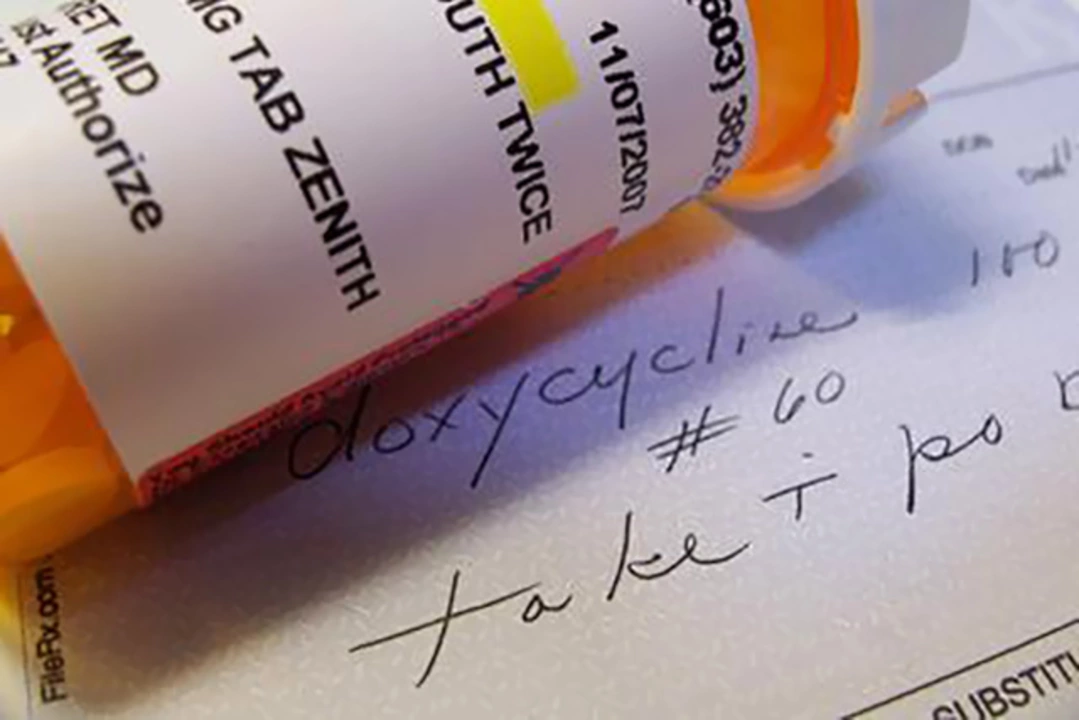Whipple's Disease: Spotting the Signs and Getting the Right Help
Ever heard of Whipple's disease? Most people haven’t, and that’s exactly why folks can struggle for years before finally getting answers. This rare bacterial infection can cause serious health issues if it goes unnoticed. That’s why catching it early and knowing what to look for makes a real difference.
The big giveaway with Whipple's disease? Symptoms that bounce around your body: weight loss you can’t explain, stubborn joint pain, weird stomach trouble (think chronic diarrhea or belly aches), and sometimes even problems with your heart or brain. It almost always starts slowly and gets worse over time, which throws both patients and doctors off the scent.
Digging into diagnosis, it takes more than the usual checkup. Blood tests help, but doctors often need tissue samples, usually from the small intestine, to spot the bacteria (Tropheryma whipplei). Don’t be surprised if you hear stories of people getting misdiagnosed first with things like Crohn’s or rheumatoid arthritis. It’s common because symptoms overlap, so knowing about Whipple's disease helps you ask the right questions.
Treatment sounds intense but works for most people. Doctors use high-dose antibiotics, usually starting with an intravenous medicine (like ceftriaxone), then following up with tablets for a year or even longer. You’ve got to stick with the plan because if you stop too soon, symptoms can return—and they might come back worse. Regular check-ins with your specialist matter, and watching for signs like brain fog, muscle weakness, or unexpected fevers can tip you off if something’s not right.
Living with Whipple's disease means staying practical. If you’re dealing with it yourself, meals packed with nutrients help fight weight loss. Staying active—even just short walks—can keep joints flexible. Some people need extra support. This could mean working with a dietitian or getting physical therapy if movement is a problem. Since Whipple’s can affect anyone, having family or friends who know your story helps a lot during long-term treatments.
Worried you or someone you know may have this odd combo of symptoms? Don’t let anyone brush it off as "just stress" or "just IBS." Bring up Whipple’s disease by name. Every year, people go undiagnosed simply because the disease is rare. When caught and treated, the prognosis is much better than you might expect.
Want a deep dive on related meds, real-world patient tips, or how to navigate tricky conversations with your doctor? Check out more guides—there’s no shame in educating yourself before you hit the clinic.
Tetracycline and its role in treating Whipple's disease
As a blogger, I recently came across an interesting topic about Tetracycline and its role in treating Whipple's disease. Whipple's disease is a rare bacterial infection that affects the digestive system and various other organs, causing malabsorption and weight loss. Tetracycline, a widely-used antibiotic, has been proven to be effective in treating this condition. The antibiotic works by inhibiting the growth of the bacteria responsible for Whipple's disease, thus alleviating the symptoms and promoting recovery. I believe it's essential to raise awareness about this treatment option, as it can significantly improve the quality of life for those suffering from this rare disease.
